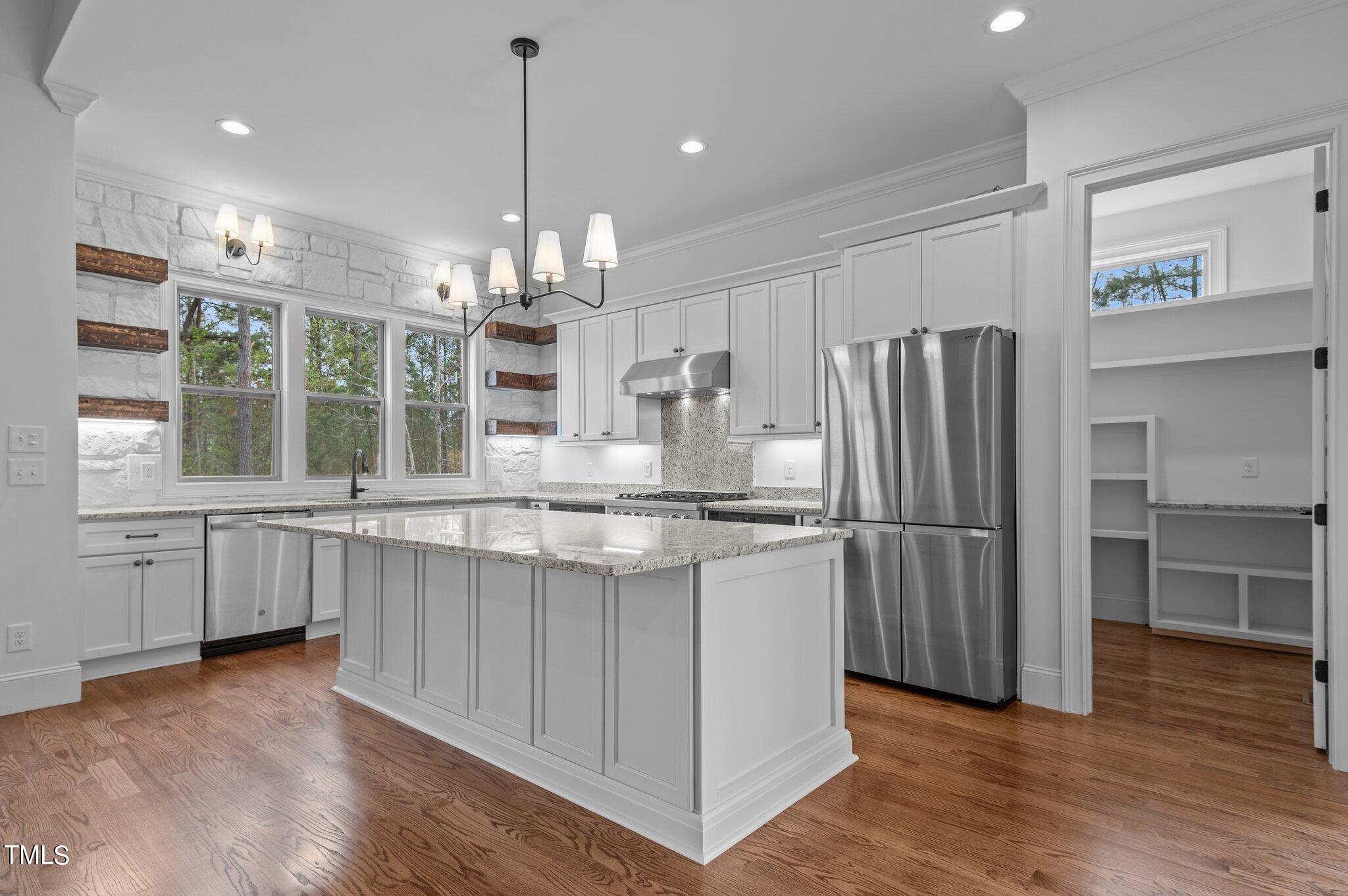Renting or Buying in the Triangle: Which is smarter? (Updated for 2024)

The Triangle’s real estate market isn’t the only residential space that’s experienced massive growth in recent years. The rental market across the Triangle has similarly boomed, creating a competitive housing landscape for any of the area’s residents who are looking to make a move. Many residents have wondered if it’s smarter to consider renting or buying in the Triangle.
A cooler market—caused by rising home costs, a shortage of inventory, and a need to raise interest rates to help with inflation—has caused many potential homebuyers to put off the purchase of a home. However, as families grow and needs change within the market, the shift from renter to homebuyer is at the top of many people’s minds in the region.
In the current real estate market, it’s a great idea to weigh your options. Here are a few things you should consider when thinking about your future in the Raleigh-Durham metro.
Renting in the Triangle
If you’re the type of person who needs flexibility and enjoys low-maintenance living, renting can be a great option. From the pandemic to now, rental rates have risen alongside housing on the real estate market. Those rates finally slowed down and dropped by 1.9 percent in 2024. However, that’s after increasing by over 20 percent in 2021, as well as consistently increasing in 2022 and only dropping slightly in 2023 and 2024.
According to Apartment List, the current average rent for a 1-bedroom apartment in Raleigh is $1,230 and $1,403 for a 2-bedroom. Median rents in Durham are slightly less expensive—$1,191 for a 1-bedroom and $1,387 for a 2-bedroom. Apartment List also reported that cities like Apex, Cary, and Morrisville are higher than that of Raleigh.
As the Triangle continues to grow, rental prices have stabilized, but as demand remains high for residential spaces in the Triangle, this may not last long. Pre-pandemic, Zillow reports rents typically increased by 2 percent each year.
Buying in the Triangle
The pandemic stimulated massive real estate growth in the Triangle, as well as the rest of the United States. According to reports from Fox Business, home prices increased across the U.S. by 47 percent from the beginning of 2020 to now. In addition, demand will continue to be normal across the Triangle as the region remains one of the fastest-growing placed in the U.S.
Home prices have largely stabilized since 2022. A current median home in the Triangle is $415,620. However, there are still modest increases as inventory remains low, despite the cooler market in 2023 and 2024. While new construction has begun to help the market catch up slightly, the region needs more homes in general to keep up with the Triangle’s current growth path.
Purchasing a home is also a smart investment in your future. Data from the Federal Housing Finance Agency shows the compound annual growth rate for homes in the Triangle area averaged 2.4 percent in 2024. Keep in mind that North Carolina’s housing prices appreciated by 331.4 percent between 1991 and into the third quarter of 2024—even with the 2008 recession included. Homeownership provides a great return on investment.
Crunching the Numbers
Consider the question of which is more affordable: renting or buying in the Triangle. The answer is, “That depends.” Each has its strengths and weaknesses.
For those unsure of where they want to be, renting may help you find where you’d like to land before you sign on to a long-term mortgage. If your credit isn’t great or you don’t have savings set aside for a down payment, renting may be an obvious choice. However, keep in mind that rising rents may not be sustainable in the long term.


Source: https://www.fhfa.gov/data/hpi/datasets?tab=hpi-calculator
For those considering purchasing a home, there’s a convenient trade-off between rent and a mortgage: your mortgage is locked in, providing you with cost stability. You’ll also quickly start building equity, which means a house purchased at the median price in January of 2023 is currently worth 6 percent more than it was last year. If you’re in the market to buy, make sure your credit is in great shape, and check in with a lender to determine what you need to do to begin your home search with confidence.
If you don’t have savings in place or a credit score that needs improvement, you may need to stick with renting until your financial situation is better. It’s always best to talk to a local lender like Towne Mortgage of the Carolinas or North State Bank to get a clear picture. They can help you with preapproval and discuss any incentives or opportunities that may be available to you.


